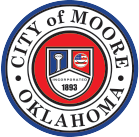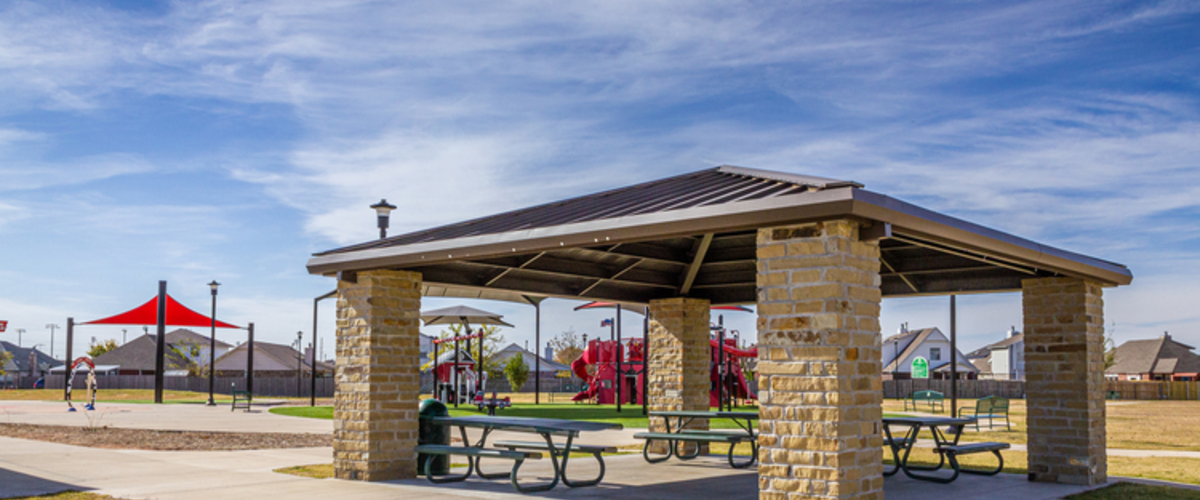Parks & Recreation
The City of Moore Parks & Recreation Department works to provide quality recreational opportunities for all residents of Moore. The Department strives to provide safe and eye-pleasing areas for recreational purposes and to coordinate efforts to maximize the use of existing parks.
The City offers a variety of parks and recreational facilities, including Recreation Center and Aquatic Center, a Senior Citizens Center, sports complex, dog park, playgrounds, splashpads and neighborhood parks. We also sponsor and organize many events and activities.
Why is Parks & Recreation important?
Physical Health
- Parks provide opportunities for physical activity and connecting with the outdoors. The resulting impacts are better mental health, improved physical health and increased physical activity.
- Walking, park prescriptions, community gardening and farmers’ market vouchers may promote nature contact, strengthen social structures, and improve longer term mental and physical health by activating intrapersonal, interpersonal and environmental processes.
- Access to indoor and/or outdoor recreation facilities and frequency of park visitation correlate with greater physical activity; people who use parks and open spaces are three times more likely to achieve recommended levels of physical activity than non-users.
- Children with access to parks and facilities have shown decreased prevalence of obesity compared to children without access. By contrast, children lacking parks are more likely to be physically inactive, have excessive screen-time (greater than or equal to four hours daily), obtain inadequate sleep, and be obese, overweight, or diagnosed with attention deficit hyperactivity disorder (ADHD).
- Eighty-three percent of U.S. adults agree it is important to have access to indoor and outdoor recreational areas, classes and activities in order to lead a healthy lifestyle.
- Green space exposure in urban environments corresponds with lower mortality.
- Green space exposure corresponds with improved physical health, including decreases in stress, blood pressure, heart rate, and risk of chronic disease (cancer, diabetes, cardiovascular heart disease)
Mental Health
- Parks promote positive mental health by providing access to nature and encouraging recreational and sporting activity.
- Parks and recreation counters social isolation by connecting people with nature and each other through festivals, parades, social events, performing arts, tours and other programming.
- Time spent in nature positively impacts mental health by increasing cognitive performance and well-being and alleviating illnesses such as depression, attention deficit disorders, and Alzheimer's.
- Mental health is significantly related to residential distance from parks. People living more than 1 kilometer away from a green space have nearly 50 percent higher odds of experiencing stress than those living fewer than 300 meters from a green space.
- Physician-diagnosed depression was 33 percent higher in residential areas with the fewest green spaces compared to the neighborhoods with the most.
Privacy Policy: The City of Moore does not sell, rent, or share collected personal information to any outside company or organization, except if required to do so by law.


